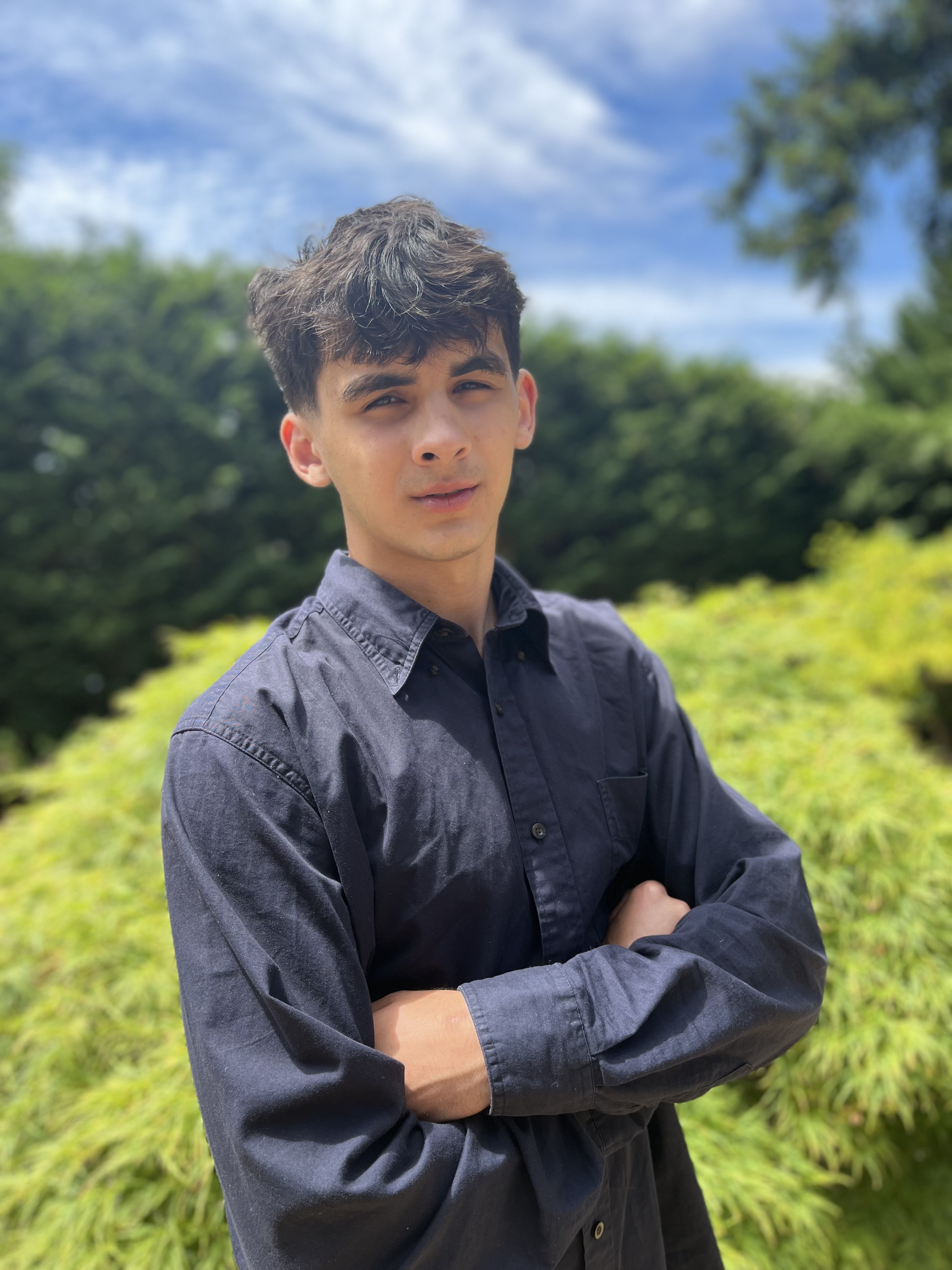Balancing the Books and the Bell Schedule!
As more of us acknowledge the significance of financial literacy, Conrad Krol, a junior at Bellevue High School, is ensuring the accessibility of financial education in our community.

From an early age, Conrad Krol has been passionate about finance and enjoyed exploring different topics on investment after school. His curiosity and passion were reflected in his achievements, with the first one being winning 2nd place in the DECA Stock Market game after making the top 25 on the West Coast. For the past two years, he has also competed in a Global Stock Pitch Competition hosted by the Youth Investment Society, where he proposed the Coinbase model due to its revenue restructuring model.
To begin with, Conrad notes his parents’ influence on his interests, sharing how his mom grew up with exposure to financial education. When his mom came to the US, she learned about building and managing assets, which turned out to be helpful as it led her to make informed decisions. Conrad realized the importance of financial literacy education, hearing how she was able to create long-term stability in a foreign country. He recalls being enthusiastic about investing due to his parents’ involvement when he was in elementary and middle school. However, he realized, to expand his interest, he had to start studying personal finance and learning about investment from scratch, as his school curriculum did not fully cover these topics. He soon noticed that his peers were also curious about exploring various finance-related topics, just like he was.
This burning curiosity is where Westbank Financials, his nonprofit, originated. He admits he was not intending to make it a nonprofit, saying, “It was simply for publishing blogs and research on finance with some of my friends so that people could read about it online.” Then, to his surprise, people started to noticing his website and social media posts, consequently leading to an increased number of volunteers. With more people on board, Conrad and his team began reaching out to local elementary school principals to offer workshops on making sound financial decisions. Highlighting the growth of his organization, Conrad adds, “This led us to expand our activities, and I ended up registering Westbank Financials as a nonprofit.”
At first, his team struggled to coordinate interviews and presentations due to a lack of responses from interviewees and schools. However, after hours of sending numerous emails and delivering workshops at local schools, his team was excited to receive positive feedback from parents and students. One aspect his team focused on was making their workshops more engaging for younger students, recalling how he once used a money-lending analogy to describe the concept of a bond to middle schoolers. He proudly shares that today, his organization has taught roughly up to 500 students at around six to seven schools.
Reflecting on past years running his organization, Conrad notes, “The main things I've learned from creating my organization are leadership and teamwork." He explains that he learned how to effectively delegate roles to volunteers and board members “while staying humble.” Additionally, he was able to learn about curriculum development, from drafting a curriculum to phrasing it in a way that can teach other people, especially younger students.
When asked how he balances the operation of his organization and his school, he says, “I never considered this a job. I enjoyed it, so I included this in my free time. I did not overcrowd myself either with APs, so it worked fine for me.”
In order to expand his organization and impact beyond Washington, Conrad and his team have been collaborating with individuals from California, Florida, Hong Kong, and Canada, all of whom reached out to him. They are all people he had mutually connected with, whether they were his middle school friends, graduates, or camp participants. His goal is to expand his chapters so that students in other regions can gain skills to make informed choices about their financial behaviors.
In July, his team is hosted a three-day online event where students in K-12 interested in basic financial topics and investments could learn more in-depth. His advice to his peers: "Explore financial knowledge and learn everything you can, as it is a life-long skill that will lead you to financial security in the future.”